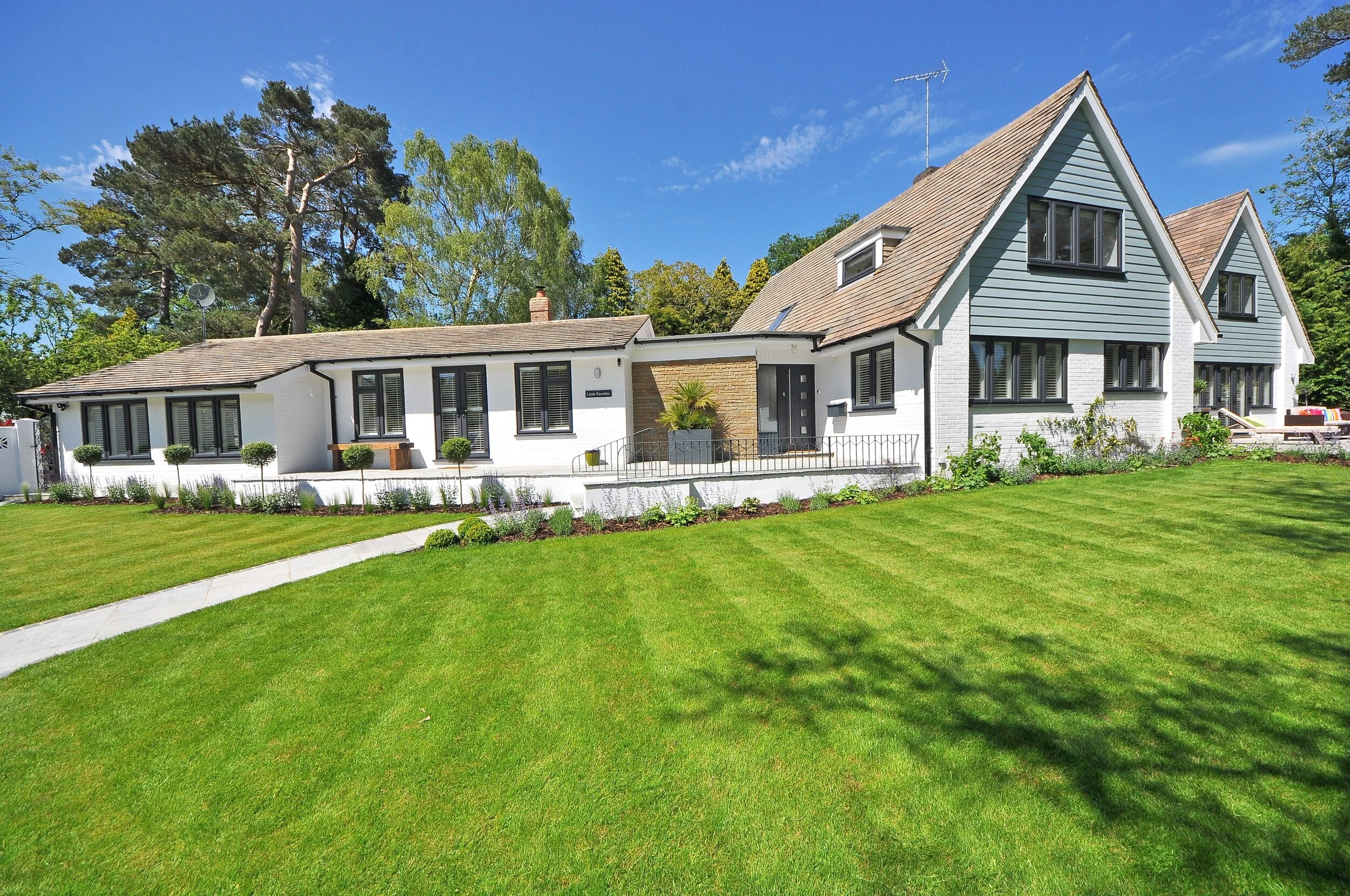New data from the Reserve Bank and The Real Estate Industry have indicated that first home buyers are taking the most advantage of low interest rates, no LVRs and declining house prices.
Here’s what you need to know:
Mortgage borrowing up as first time buyers flood the market
According to the Reserve Bank, total monthly new mortgage commitments surged as buyers emerged from lockdown, with $4.318 billion borrowed in May, which was an increase of $1.569 billion (57.1%) from April.
The other significant factor in May was it was the first month since late 2013 without any loan to value ratio (LVR) restrictions in place, which were removed from the first of the month for at least a year in an attempt to get people investing in the market again post-lockdown.
First time buyers were quick to take advantage of the removal of LVR’s and low mortgage rates, accounting for $801 million of the total advanced in May. Of this, $445 million – some 55.5% of the total they borrowed – was for ‘High’ LVR loans – which are above 80% of the value of the properties they were buying.
This is a much higher percentage of high LVR loans than the FHB grouping has been taking up in recent months, with the average percentage normally being around 40% on high LVRs.
The total amount of mortgage money advanced in May, First time Buyers made up 18.5% of it, up from 17.6% in April, which echo’s the share of the mortgage market this group were claiming in the latter months of 2019 and into this year.
Despite this positive increase, the total amount borrowed was still down 33.3% from May 2019 when $6.47 billion was advanced, indicating that the market still has some work to do in its recovery process.
Analyst predict fall in house prices gradually
More welcomed news for first time buyers as falling house prices at the bottom end of the market and tumbling mortgage interest rates came together to make it easier for potential first home buyers to purchase their own homes.
According to the Real Estate Institute of New Zealand, the national lower quartile house price hit a record high of $480,000 in March and then declined to $458,000 in April and 445,000 in May. This means the lower quartile price has declined 7.3% from its March peak.
Economists at New Zealand’s biggest banks have continued to predict more dips in house prices for the rest of the year. ASB economist Mike Jones said he expected house prices to keep falling at a national level through to the middle of 2021. From the peak of the market to the bottom, the fall would be about 6 per cent which was a more favorable forecast than competing banks, “Our sense is that this is at the less pessimistic end of the spectrum, with many shops calling for double-digit declines. We remain happy to occupy this less negative ground.”
On the other hand, ANZ economists stated that while low interest rates have cushioned some of the impact of recession, weaker incomes and reduced job security would weigh on the housing market. The bank’s economists now expect house prices to fall 12 per cent.
Data analysis by OneRoof Valocity post-lockdown
Sales data crunched by OneRoof and its partner Valocity shows New Zealand property values have fallen just 1 per cent since the start of the Covid-19 crisis, as measured by a new index, despite a plunge in values during the four week nationwide shutdown.
Of the 15 major regions, Queenstown Lakes, Far North, Waitaki and the Coromandel had the biggest fall of up to 7.7% but in the Greater Auckland region witnessed dropped 2 % of the index in the weeks after March 25, but have since recovered and are now just 1.6% off where they were before lockdown.
OneRoof editor Owen Vaughan says the data shows clearly that overall the housing market is doing better than was forecast at the start of the crisis. He added, “Until we see a flood to the market, there’ll be no fall in prices.”
-by Ravi Mehta, from Professional Financial Solutions



